Enriching History and Ourselves
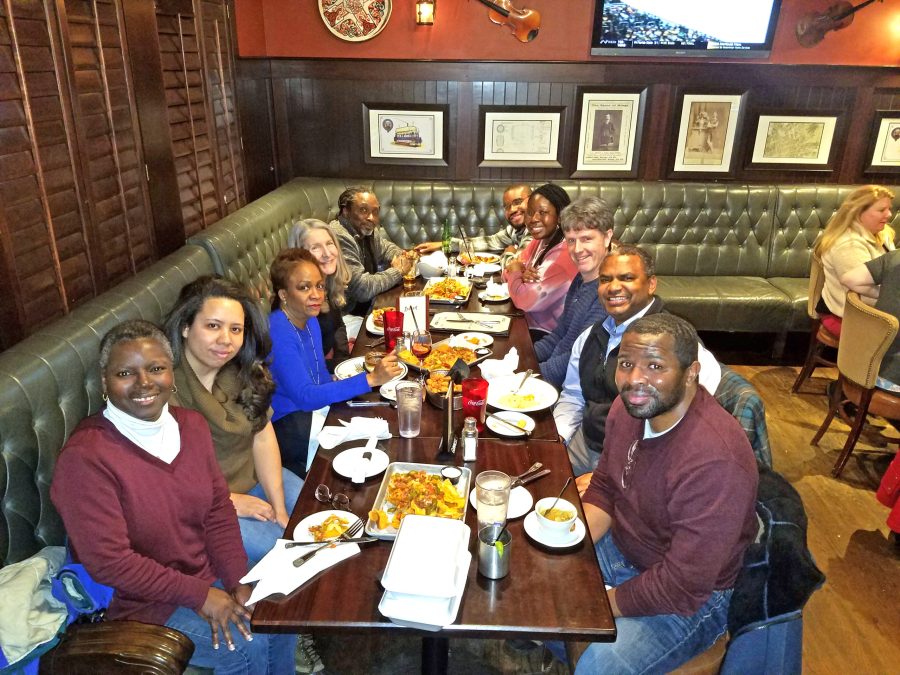
He did so through a story.
He and Coretta, he recounted, had attended a program at their children’s integrated school in Atlanta called “Music That Has Made America Great.” The schoolchildren performed songs from the many immigrant cultures represented in the United States. As the evening drew to a close, King thought that surely the program would culminate with “the most original of all American music, the Negro spiritual.” But no. The musical contributions of Black Americans were entirely ignored. “Instead,” King wrote, “all the students, including our children, ended the program by singing ‘Dixie.’”
“I wept within that night,” King wrote. “I wept for my children and all black children who have been denied a knowledge of their heritage. I wept for all white children, who, through daily miseducation, are taught that the Negro is an irrelevant entity in American society; I wept for all the white teachers and parents who are forced to overlook the fact that the wealth of cultural and technological progress in America is a result of the commonwealth of inpouring contributions.”
More than fifty years on, our awareness of how people of African descent have shaped America remains stunted. Even here, in history-steeped Lexington, too many of us don’t know that, along with Prince Estabrook, at least two other Black Lexingtonians also served as militia men on the Battle Road on April 19, 1775: Eli Burdoo, 19 and an indentured servant, and his cousin Silas Burdoo, 27, a free man. Too many of us don’t know that they were among the 5,000 Black Patriots who fought to liberate the American colonies from British tyranny during the Revolutionary War.
In an initiative called the Black History Project of Lexington, members of the Association of Black Citizens of Lexington (ABCL) have been researching Black Americans of note with historic links to Lexington and Massachusetts. A selected roster of these luminaries will be celebrated this coming Martin Luther King Day and through Black History Month with the inaugural unfurling of twenty-four Black History Portrait Banners along Massachusetts Avenue in Lexington Center.
“The idea is to shine a light in places where it hasn’t been shined before,” says ABCL president Sean Osborne, who initiated the banners project and curated the final list of banner honorees with ABCL’s Historical & Cultural Events Committee Chair Martha Byrd, a marketing communications manager, and Boston College Professor Zine Magubane, a historical sociologist. Osborne, a civil engineer and history buff, was inspired by the Cambridge Black Trailblazers bookmarks, which commemorate the lives of notable citizens who have been overlooked, and by a Black history banner project in Arlington. Lexington’s banner project will be accompanied by an informative website that will delve deeper into the history and serve as a permanent resource for educators, students, and researchers. “I want little Black boys and little Black girls and their parents to see themselves in these banners, and I want little boys and little girls and their parents who are not Black to see themselves and their connections,” Osborne says.
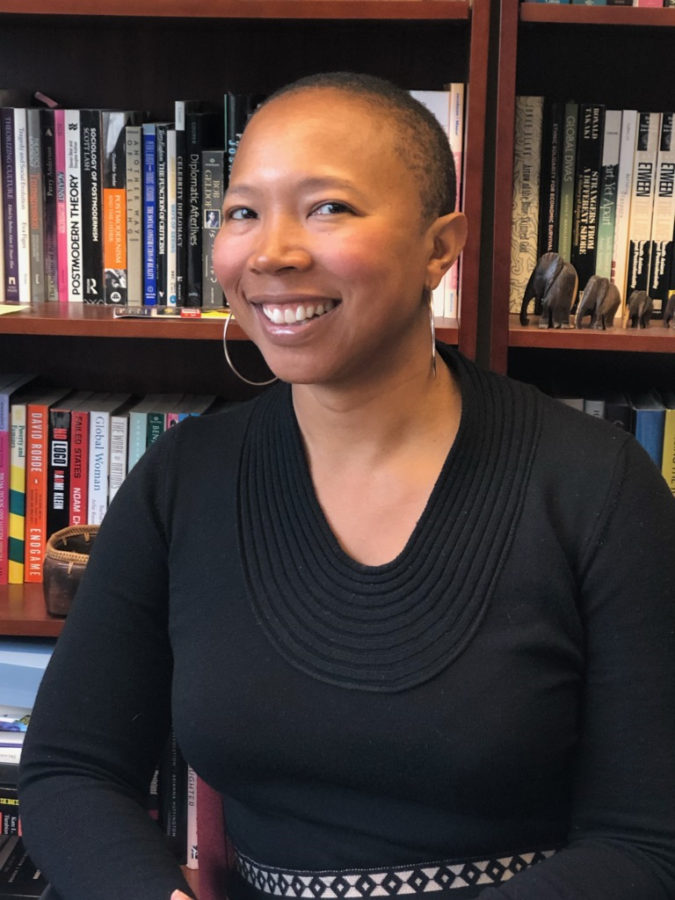
Osborne’s favorite banner honoree is the abolitionist David Walker, a free man whose 1829 pamphlet Appeal…to the Colored Citizens of the World chastised White Christians for supporting slavery and urged the enslaved people of the American South to rise up and fight for their freedom. To disseminate his pamphlets, Walker mailed them and also sent them south with traveling preachers, sailors, and laborers. It was dangerous work, and he eventually lost his life for it. Frederick Douglas, William Lloyd Garrison, and Malcolm X were all influenced by Walker’s ideas, Osborne says.
ABCL’s Martha Byrd hopes that the public installation will spur people to learn more. “Finding out that Black people have been in Lexington for more than a hundred years, and even fought in the Revolutionary War—all of that has been eye-opening for me,” Byrd says. “I hope that when the banners go up that everyone will be excited to see them, and see it as something that is meant for the town as a whole.” Her favorite banner subject is one of the “contemporaries”: Leona W. Martin. Martin is the first—and currently, only—African American in Lexington history ever to be elected to town-wide office, serving for twenty-five years on the Lexington Housing Authority. She has served on numerous committees, helped to launch the Cary Memorial Library Foundation—one of Lexington’s most cherished institutions—and so much more, earning her wide regard as a great Lexington matriarch. Martin has an unassuming demeanor, but, Byrd says, “she’s quite the powerhouse.”
For Professor Magubane, elevating this history can advance social justice: “The contributions of peoples of African descent, as a group, have oftentimes met with resistance and don’t reflect the enormity of the contribution that we have made to the making of America,” she says. “I think that’s important because, in common sense thinking for a really long time, the idea was, well, people are subject to unequal treatment because their culture or their society or their practices are not up to snuff, that people are treated poorly because they haven’t really contributed anything. Or they have mainly contributed as people who have taken from the system, taken from welfare or the overall detriment through crime, unwed pregnancies, and so forth,” she says. But: “Lexington is a town that is older than America itself. And then when you factor in that people of African descent have been part of the making of Lexington which was part of the making of America, you see that people of African descent are part of the making of America,” she says. She hopes that the banners will foster a feeling of belonging. “When we think about a New Englander, a particular image comes to mind,” she says. “I think it’s important for people who are not of African descent to see that we have a shared history.”
Magubane’s favorite banner honoree is Adelaide McGuinn Cromwell, the renowned academic sociologist who helped found Boston University’s African Studies program in the 1950s (among the first of such programs in the nation), and who was a pioneering scholar in the fields of international relations and women’s studies.
The banner project is one of three programs of ABCL’s Black History Project of Lexington. The first, launched in February 2020, is the Oral and Visual History Project of Lexingtonians of African Descent, which is archived at the Lexington Historical Society. The other, currently in the works, is the Lexington Black History Trail. ABCL seeks to raise $25,000 to fund the costs of graphic design, web design, and printing for the banners project, and for memorial benches and historical markers for the history trail.
Osborne hopes that the impact of these efforts will be two-fold. “If you are someone who needs to see your place to feel comfortable, then you can say, as a random Black person living in Lexington, ‘Yes, since colonial times, Black folks have lived here. I can relax,’” he says. “And for others, they can say, ‘What about me?’ That’s the beauty of it. You start looking, and you start saying, ‘What else has always been here that I’ve missed? Who were the other folks who were here? There were Native Americans here, so who were they? Where were they? What did they do? There have always been Asians on the continent. Who were they in Massachusetts? In Lexington?” Osborne issues this invitation to all of Lexington, in all its diversity: “Dig deeper!” he says. “Find out!”
|
Banner Honorees: Black History-Makers from Lexington and Massachusetts
18th & 19th Centuries
19th & 20th Centuries
20th & 21st Centuries
Contemporaries |
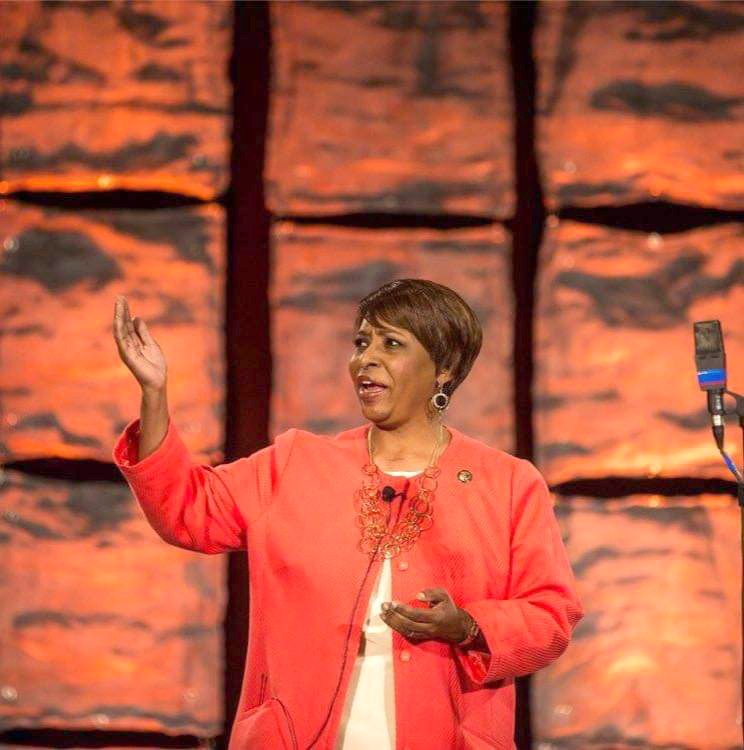 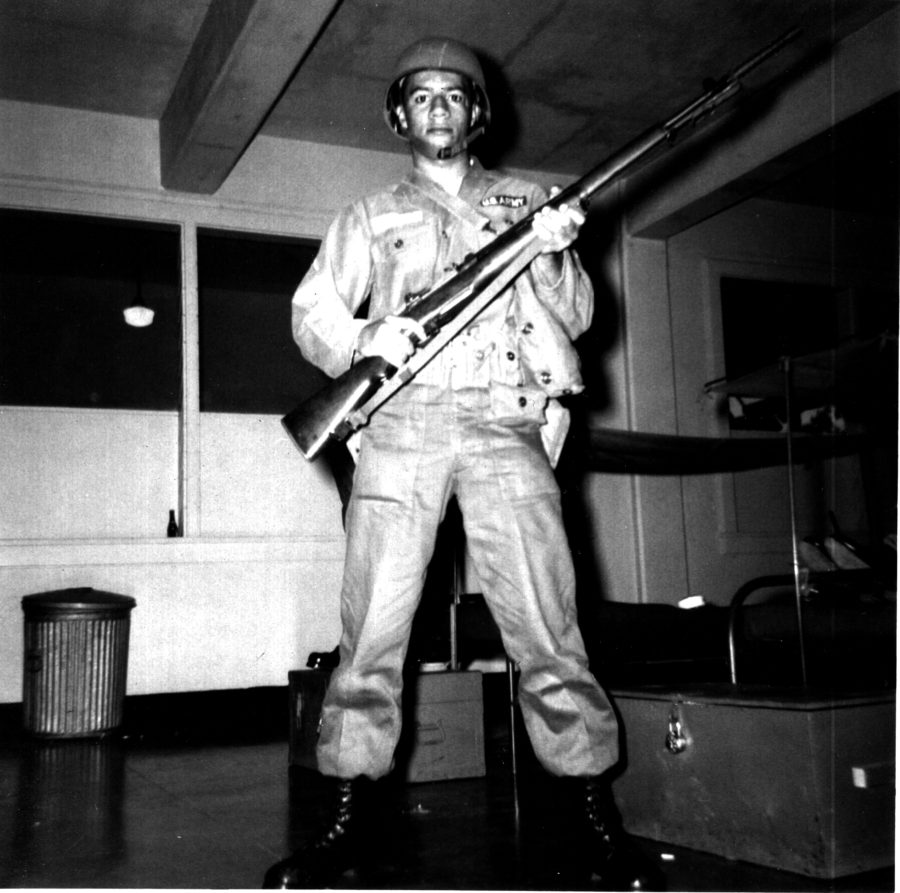 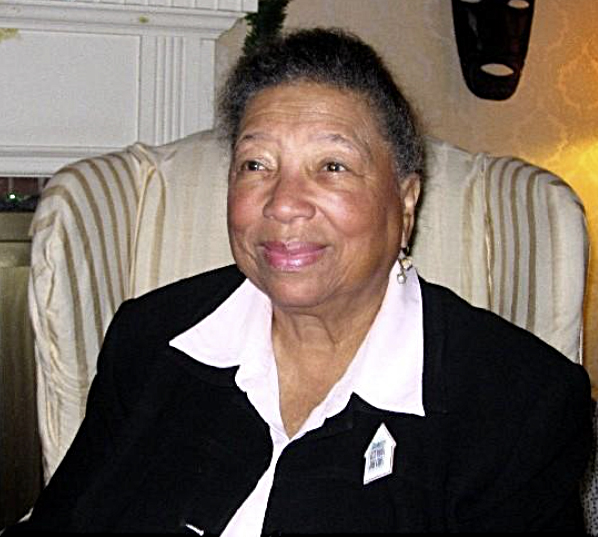
|
Support the Black History Project of Lexington!
The Association of Black Citizens of Lexington (ABCL) seeks to raise $25,000 to cover the costs of graphic design, web design, and printing for the Black History Portrait Banners project, and to cover the costs of memorial benches and historical markers for the Lexington Black Heritage Trail.
ABCL is a 501(c)(3) charitable organization. Tax-deductible donations can be made online at https://www.abclex.org/donate-to-the-black-history-project-of-lexington/. Or, checks made payable to the Association of Black Citizens of Lexington can be mailed to:
Black History Project of Lexington
c/o ABCL – 822 Mass. Ave. – Lexington, MA 02420
